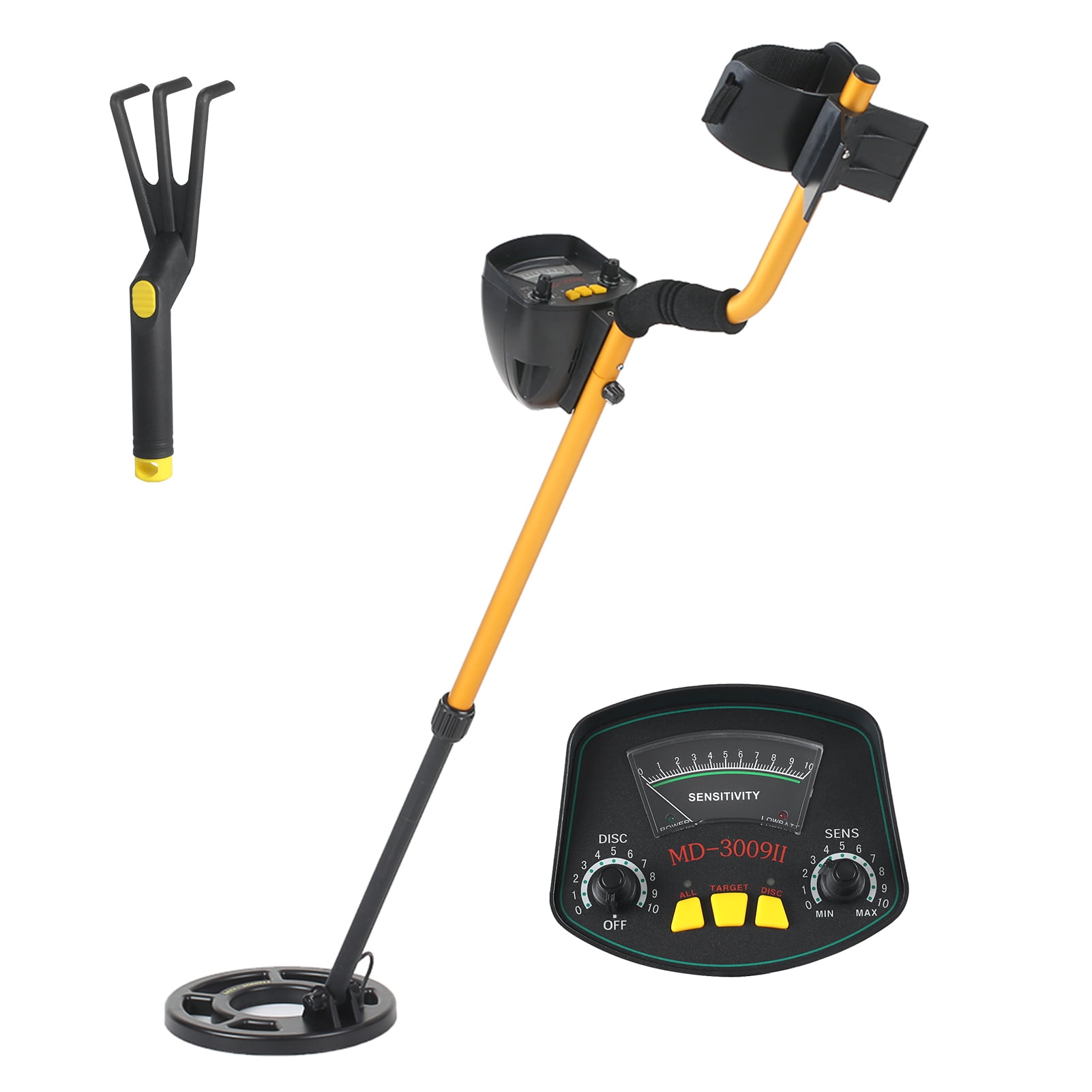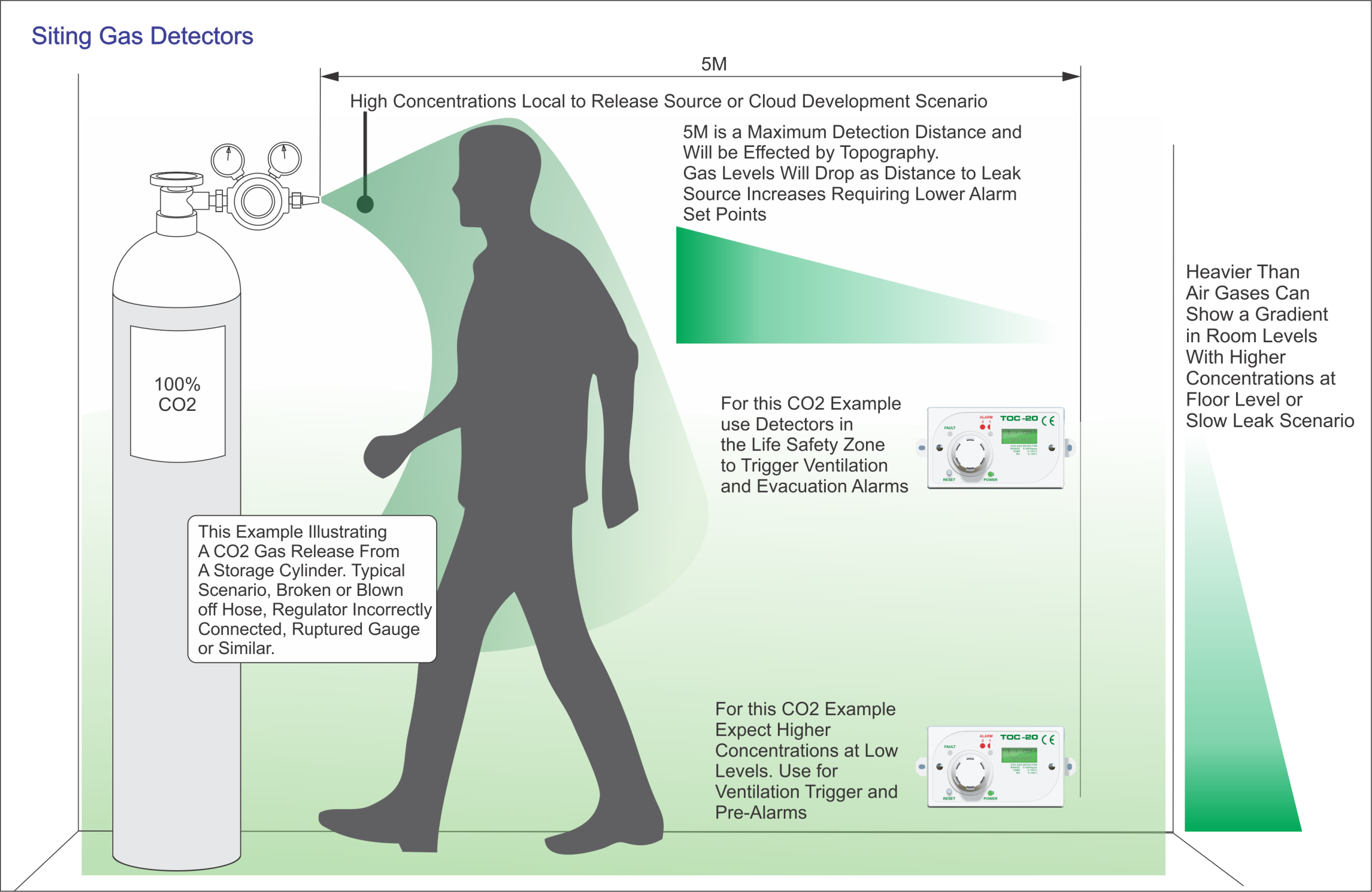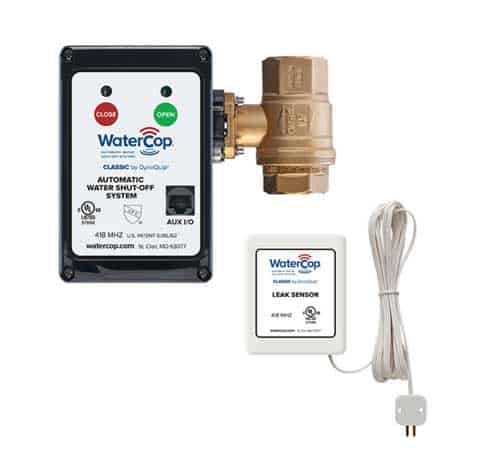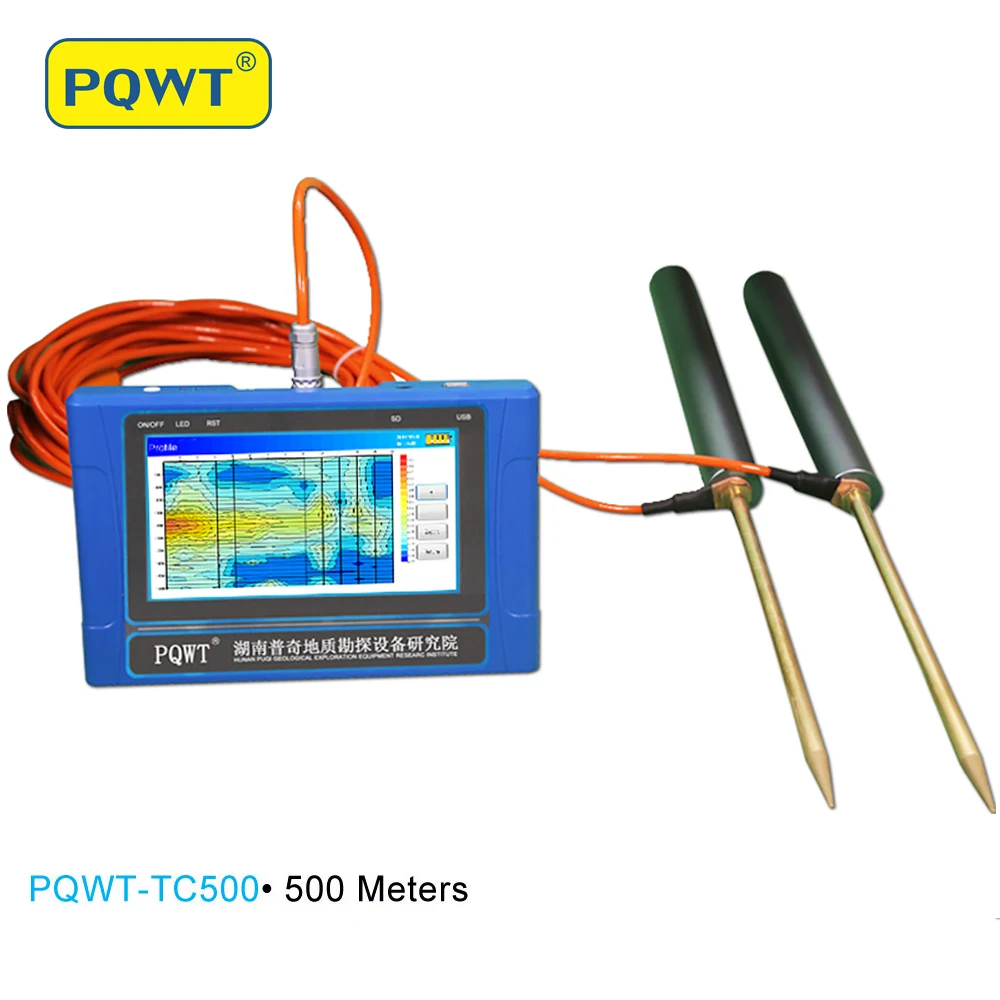Water Detector Presentation
| Introduction to Water Detectors | ||
|---|---|---|
| Water detectors are devices designed to detect the presence of water in various settings. They are commonly used in homes, offices, and industrial environments to prevent water damage. Water detectors work by utilizing different technologies to sense the presence of water and trigger an alert. | ||
| 1 | ||
| Types of Water Detectors | ||
|---|---|---|
| Contact Water Detectors: These detectors have sensors that come into direct contact with water to detect its presence. Non-Contact Water Detectors: These detectors use technologies like infrared or ultrasonic waves to detect the presence of water without direct contact. Wireless Water Detectors: These detectors are equipped with wireless communication capabilities to send alerts to a designated receiver or smartphone. | ||
| 2 | ||
| Applications of Water Detectors | ||
|---|---|---|
| Home Protection: Water detectors can be installed near water sources like sinks, toilets, and washing machines to detect leaks and prevent flooding. Basement Monitoring: Water detectors placed in basements help detect water seepage or flooding, allowing timely action to prevent damage. Industrial Use: Water detectors are used in factories and warehouses to detect leaks in pipes, tanks, or storage areas, preventing costly water damage. | ||
| 3 | ||
| Features to Consider | ||
|---|---|---|
| Sensitivity: Water detectors should have adjustable sensitivity levels to cater to different environments and water leak sizes. Alarm System: Look for detectors with loud alarms or visual indicators to ensure timely alerts when water is detected. Battery Life: Consider detectors with long battery life or options for AC power to ensure continuous monitoring without frequent battery changes. | ||
| 4 | ||
| Installation and Placement | ||
|---|---|---|
| Follow manufacturer guidelines for installation. Some detectors may require professional installation. Place detectors near potential water sources, such as sinks, toilets, water heaters, or areas prone to water leaks. Consider placing detectors in multiple locations for comprehensive coverage. | ||
| 5 | ||
| Maintenance and Testing | ||
|---|---|---|
| Regularly clean and inspect detectors to ensure proper functioning. Test detectors periodically by simulating water presence to verify their sensitivity and alarm functionality. Replace batteries or recharge units as recommended by the manufacturer to maintain uninterrupted operation. | ||
| 6 | ||
| Benefits of Water Detectors | ||
|---|---|---|
| Early Detection: Water detectors provide early warning, allowing prompt action to prevent water damage and avoid expensive repairs. Peace of Mind: Installing water detectors provides peace of mind, knowing that potential water leaks or flooding will be detected promptly. Cost Savings: By preventing water damage, water detectors can save homeowners and businesses substantial repair and restoration costs. | ||
| 7 | ||
| Popular Water Detector Brands | ||
|---|---|---|
| XYZ Water Detectors: Known for their reliable contact and non-contact water detection technology. ABC Water Alarms: Offers a wide range of wireless water detectors with customizable features. DEF Leak Alert: Specializes in affordable, easy-to-install water detectors suitable for both residential and commercial use. | ||
| 8 | ||
| Conclusion | ||
|---|---|---|
| Water detectors are essential devices for preventing water damage in various settings. By choosing the right type, considering features, and proper installation, water detectors can provide early detection and peace of mind. Invest in water detectors to protect your property, save on repair costs, and ensure a safer environment. | ||
| 9 | ||
| Q&A | ||
|---|---|---|
| Open the floor for questions and engage in a discussion about water detectors. Your second bullet Your third bullet |  | |
| 10 | ||








